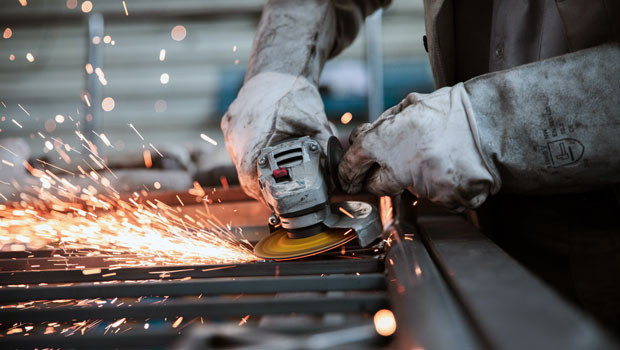UK manufacturing downturn deepens as PMI hits 39-month low

The contraction in UK manufacturing activity reached its worst level in more than three years in August with demand hit by weaker domestic and export conditions.
The S&P Global/CIPS UK manufacturing purchasing managers' index (PMI), where a reading below 50 signals a contraction in activity, slumped to 43 last month, down from 45.3 in July.
This was its lowest level since May 2020 and one of the steepest contractions in the survey's history. It was also the sixth straight month of a reading below 50.
The reading is "consistent with a steep deterioration in operating conditions", the data release noted on Friday.
S&P Global/CIPS said that constant inflationary pressures and systemic weakness in the UK and abroad drove the biggest fall in new orders since the financial crisis, excluding pandemic years.
Market conditions weakened at home and abroad, with key markets such as the US, Europe, China and South America cutting order volumes.
“August saw a further deepening of the UK manufacturing downturn," said Rob Dobson, director at S&P Global Market Intelligence.
"The PMI sank to a 39-month low as output and new orders contracted at rates rarely seen outside of major periods of economic stress such as the global financial crisis of 2008/09 and the pandemic lockdowns."
Staffing levels in the manufacturing sector were also down for the 11th straight month in August, as a results of reduced intakes of new work, falling output volumes and cost-control efforts.
Meanwhile, purchasing costs fell for the fourth month running and at the steepest rate since January 2016.
Commenting on the data, Fhaheen Khan, senior economist at manufacturers’ organisation Make UK, said: “Today’s data indicates manufacturing production has hit the brakes as slowing demand takes hold of business activity.
"It is no longer just high inflation that is eroding spending power, but combined with higher interest rates depleting our willingness to spend has made for an unpalatable cocktail."